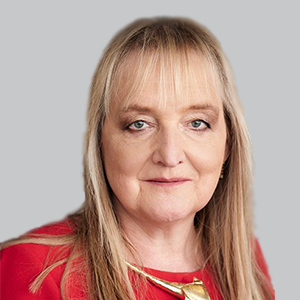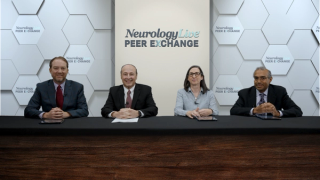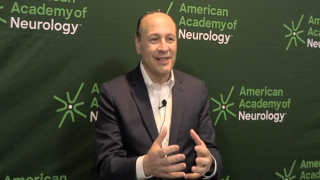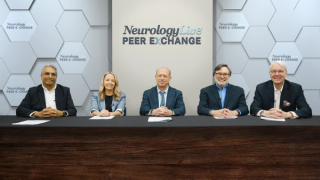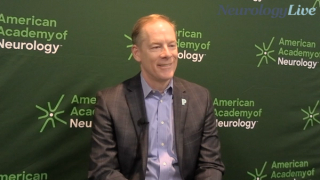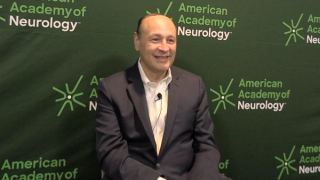
Parkinson Disease
Latest News

Latest Videos

CME Content
More News

The doctor of nursing practice specialized in movement disorders discussed specific data the StrivePD app captures and how it can enhance quality of life for patients with Parkinson disease. [WATCH TIME: 3 minutes]

The doctor of nursing practice specialized in movement disorders provided clinical insight on how the StrivePD application empowers patients with Parkinson disease to track symptoms, medication, and daily activities using an iPhone and Apple Watch. [WATCH TIME: 3 minutes]
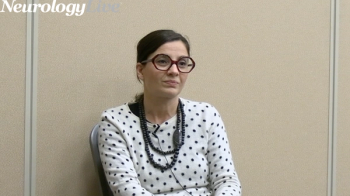
The consultant neurologist and senior lecturer at St. Georges Hospital in London, explores the origins of common neuropsychiatric symptoms experienced by patients with Parkinson disease and how they may be exasperated. [WATCH TIME: 4 minutes]

Test your neurology knowledge with NeurologyLive®'s weekly quiz series, featuring questions on a variety of clinical and historical neurology topics. This week's topic is on GBA1-associated Parkinson disease.

As part of our monthly clinician spotlight, NeurologyLive® highlighted movement disorder expert Sana Aslam, DO, an assistant professor of neurology at University of Colorado School of Medicine.

CAP-003, a non-invasive gene therapy, exceeded the 30% efficacy threshold for normalizing GCase activity in patients across all doses observed.

David Devos, MD, PhD, a neuropharmacologist at the University of Lille, in France, discussed positive data from an early-stage study assessing InBrain Pharma’s device-assisted therapy in Parkinson disease.

FDA Approves AbbVie’s 24-Hour Foscarbidopa/Foslevodopa Pump for Advanced Parkinson Disease Treatment
In clinical trials, patients with Parkinson disease who were treated with foscarbidopa/foslevodopa experienced superior improvement in ON time without dyskinesia compared with oral immediate-release carbidopa/levodopa.

Jonas Hannestad, MD, PhD, chief medical officer at Gain Therapeutics, provided clinical perspective on promising data from a phase 1 first-in-human study of GT-02287, an investigational therapy for Parkinson disease with or without a GBA1 mutation.
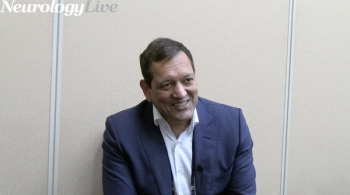
The chief medical officer and chief development officer at BlueRock Therapeutics discussed the promise behind bemdaneprocel and its unique mechanism of action relative to other Parkinson disease treatments. [WATCH TIME: 3 minutes]

The consultant neurologist and senior lecturer at St. Georges Hospital in London, provided commentary on the diagnosis, management, and future research around neuropsychiatric symptoms of Parkinson disease.

A recent survey showed that patients with Parkinson disease quickly adapted to using continuous subcutaneous apomorphine infusion therapy, with high amount of recommending the device to others.

Amantadine extended-release capsules, approved for levodopa-related dyskinesia and OFF episodes in Parkinson disease, offer high amantadine concentrations that peak in the time of first morning levodopa dose.

The chief medical officer and chief development officer at BlueRock Therapeutics provided perspective on newly presented data investigating a cell therapy for patients with Parkinson disease. [WATCH TIME: 4 minutes]
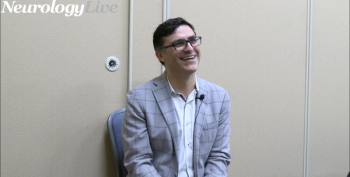
The president and chief executive officer at Praxis Precision Medicine provided clinical insight on the promising build of ulixacaltamide, an investigational, selective agent in development for essential tremor. [WATCH TIME: 3 minutes]

ELATE, a multicenter, randomized, double-blind, placebo-controlled trial, aims to address the limitations of current oral therapies by exploring a targeted, localized treatment option.
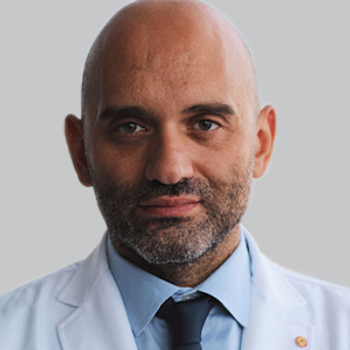
In a post hoc analysis of the COSMOS study, 24-hour LCIG infusion led to a reduction in nocturnal and morning akinesia, though many patients continued to rely on nighttime add-on medications.
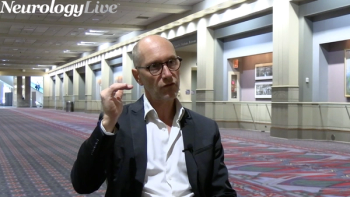
The neuropharmacologist at the University of Lille, in France, provided commentary on promising results from the phase 1/2 DIVE-I trial assessing the safety and efficacy of a device-assisted therapy in Parkinson disease. [WATCH TIME: 6 minutes]

While participants responded positively to nutritional guidance and the Mediterranean diet, they expressed negative views on the ketogenic diet due to its restrictive nature, social impracticality, and gastrointestinal side effects of MCT oil.

Patients reported increased good ON time and improved confidence in daily activities while experiencing a lower treatment burden compared to their previous medication regimens.

Despite showing no differences vs placebo on the primary end point of gait parameters, TAK-071-treated patients demonstrated significant improvements in global cognition score.

Results from the phase 3 TEMPO-2 trial, an additional study assessing tavapadon as a flexible-dose monotherapy, are expected by the end of this year.
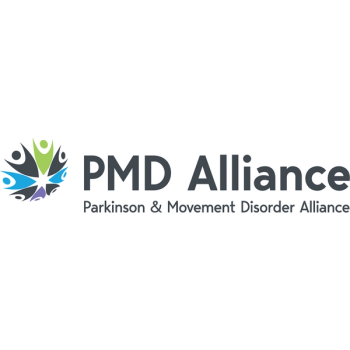

The agency’s letter of support for using the α-synuclein seed amplification assay biomarker was supported by data observed in the Parkinson's Progression Markers Initiative cohort study.

Ashwini Sharan, MD, chief medical officer of Medtronic Neuromodulation, provided commentary on the FDA’s decision to approve asleep deep brain stimulation for the treatment of Parkinson disease and essential tremor.



